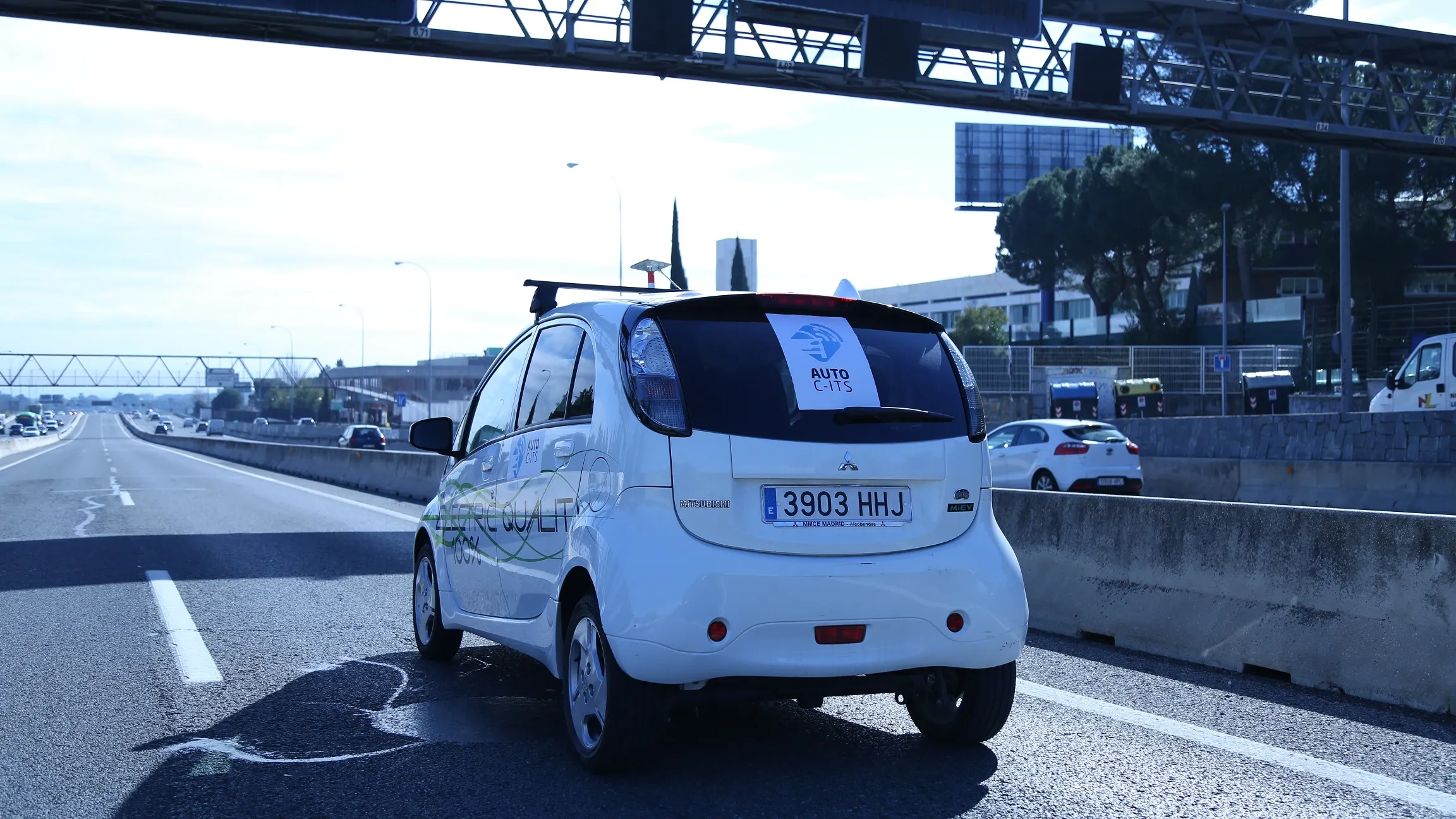
Spanish company Ficosa and
The seven-year project is valued at US$54.6 million (€50 million) and will be produced Ficosa’s plant in Spain.
Aimed at the Japanese market, the mirror integrates an electronic toll system with credit card payment; it has a slot to insert the credit card and incorporates a small screen at the top that reports the amount to be paid.
Panasonic has developed the credit card reading module for the project, while Ficosa has carried out the electronic management of the entire system, the structural and aesthetic components and the development of a lighting component incorporated in the rear-view mirror.









